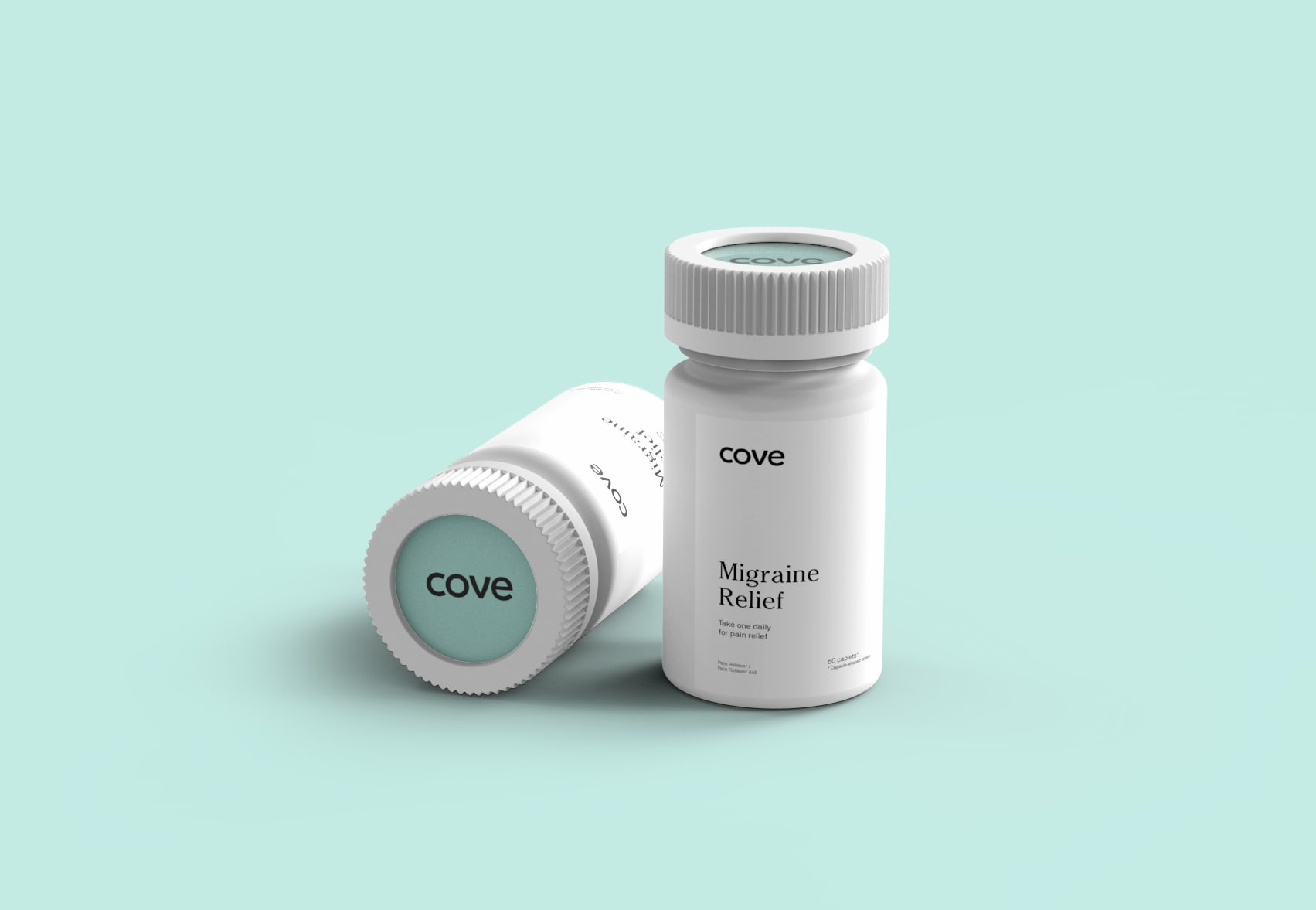How many times have your friends said that you should “sleep off” your migraine headache? They’ve seen how tired you are and know the searing pain you’re experiencing can bring your world to a screeching halt. Why wouldn’t they suggest a short mid-day nap?
The problem? Of course you’d love to get some extra sleep—that is, if you could.
A migraine attack can make it really hard to get a solid night of sleep. It makes it even harder to heed the advice of all your friends who have begged you not to google your symptoms.
And if you’re like many people, you’ve looked it up and probably concluded that your attacks are causing a condition called sleep apnea, which the Mayo Clinic defines as a potentially serious sleep disorder in which breathing repeatedly stops and starts. Or as the Sleep Foundation explains, your body is trying really hard to breathe, but the muscles in the back of your throat just won’t cooperate.
But when you dig a little deeper, there isn’t much scientific research that suggests that the two conditions are connected. So what’s the deal? While it’s hard to say how (or if) either one causes the other, we’ve answered a few critical questions to make the relationship between them a little less confusing.
Are migraine and sleep apnea related?
According to the American Migraine Foundation, people living with this condition are between two to eight times more likely to experience sleep disorders. That answers our question, right? Well, not exactly.
Although there is a strong connection between obstructive sleep apnea and morning headaches, the morning headache symptoms are different than a chronic migraine headache.
A sleep apnea-induced headache will often improve or subside on its own, while a migraine attack could last for up to 72 hours without the right treatment.
In addition, apnea-induced headaches usually ache while migraine headaches throb.
Can sleep apnea cause migraine? What about other types of headaches?
Dr. Alexander Mauskop, a leading neurologist and Cove advisor, says that sleep apnea can trigger migraine attacks in certain individuals or cause tension-type headaches.
So what should a migraine sufferer with sleep apnea do?
While there isn’t a clear connection between the two, there are still a few ways you can treat your migraine and improve your sleep. We turned to Harvard Medical School and Dr. Mauskop who suggested the following tips. While they may feel obvious, we bet you could use this reminder of just how important they are.
- Avoid exercising before bed. Try not to exercise within one to two hours of going to bed. A Harvard health publication notes intense exercise within an hour of bedtime can make it harder to fall asleep and stay asleep.
- Develop a consistent sleep routine. Going to sleep and waking up at the same time is often an effective way to reduce (or at least manage) your migraine attacks. Additionally, consider spending more time in natural light during the day and avoid screens just before going to sleep.
- Eat lighter evening meals. That late-night binge might be fun, but it could also be keeping you up at night, especially if you’re already struggling with migraine.
- Go to sleep when you’re truly tired. How many times have you stared at your clock when you’re trying to sleep? Whenever this happens, Harvard Medical suggests, getting up and doing something relaxing until you feel tired.
- Practice good sleep hygiene. Avoiding reading or watching TV in bed as much as possible. If you have to look at a screen (and we know it’s hard to put down that phone), make the screen as dim as possible.
What are my treatment options for migraine?
There are two main ways to treat your migraine headaches:
- Acute treatment for migraine attacks. This can include over-the-counter migraine relief, prescription triptans, prescription NSAIDs, and more.
- Preventive treatment to reduce attacks altogether. This can include prescription options, as well as supplements.
There are also a few ways that you can treat your migraine in addition to medication that involve avoiding triggers (we know, easier said than done). We covered them extensively in a previous article about home remedies, but here’s a list for you to refer to whenever you need it:
- Exercise. This won’t directly treat your migraine, but it’s a great way to reduce your stress, which is a major trigger.
- Acupuncture and acupressure. Although there isn’t much definitive research around this, a few studies have found that acupuncture and acupressure can help prevent migraine attacks.
- Avoid food triggers. Take the time to identify the foods that trigger your migraine (a migraine tracking tool can help).
What are my treatment options for sleep apnea?
According to the National Sleep Foundation, the first thing to do is to see your doctor. Leading up to your appointment, keep a record of your sleep, fatigue levels, and any other symptoms you’re having.
Your doctor might suggest a sleep study, which often requires an overnight stay at a sleep center. This test helps doctors understand the severity of your disorder and create a treatment plan. In addition, there are at-home sleep tests that might be an option for you.
In many cases, a continuous positive airway pressure device (CPAP) is prescribed to treat symptoms. This tends to be incredibly effective. But there are also a few lifestyle changes that the National Sleep Foundation says could help with symptoms, including:
- Losing weight. According to the NSF, this is the most important action you can take. But we say this with a caveat, because we know losing weight isn’t an overnight solution that it’s easy to just do.
- Avoiding alcohol. Drinking alcohol can cause interrupted sleep and makes the upper airway breathing muscles relax.
- Quitting smoking. Smoking worsens swelling in the upper airway, which makes apnea and snoring much worse.
We get how unfair all of this is. It’s bad enough that you have to manage those incredibly painful migraine headaches. It’s even worse when they’re affecting your sleep—and infuriating that there isn’t a clear explanation for why your migraine is making it so hard to get some decent rest.
So what’s next? Start by talking to your doctor about the symptoms you’re experiencing. Your doctor might determine that it’s worth meeting with a specialist, especially if you’ve already tried some of the treatment options we’ve outlined here. With the right treatment and increased awareness of what is (or in this case, isn’t) going on, it’s very possible to experience fewer headaches and sleep better regularly.
The information provided in this article is not a substitute for professional medical advice, diagnosis, or treatment. You should not rely upon the content provided in this article for specific medical advice. If you have any questions or concerns, please talk to your doctor.
Photo by Bruce Mars on Unsplash


